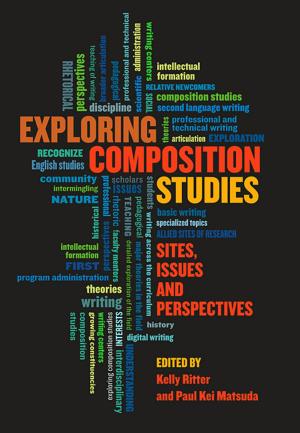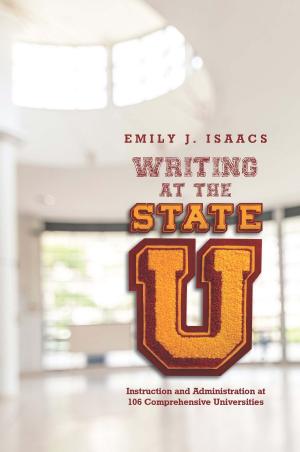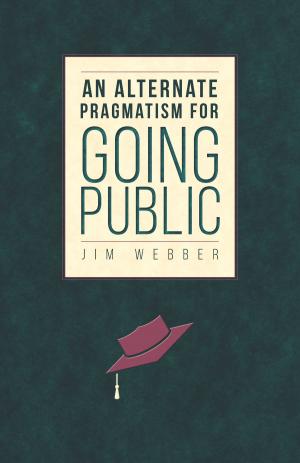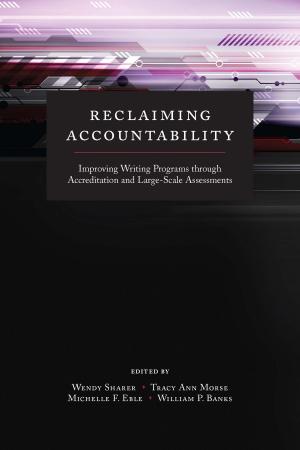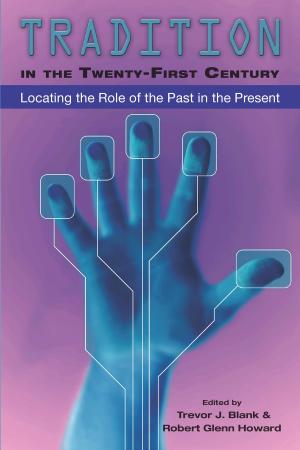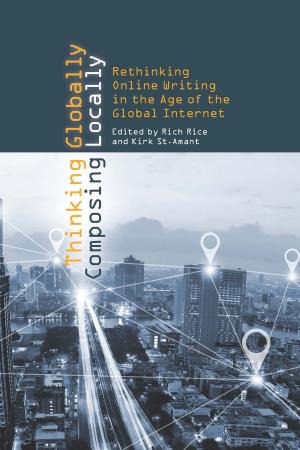Multilingual Writers and Writing Centers
Nonfiction, Reference & Language, Language Arts, Writing & Publishing, Composition & Creative Writing| Author: | Ben Rafoth | ISBN: | 9780874219647 |
| Publisher: | Utah State University Press | Publication: | January 15, 2015 |
| Imprint: | Utah State University Press | Language: | English |
| Author: | Ben Rafoth |
| ISBN: | 9780874219647 |
| Publisher: | Utah State University Press |
| Publication: | January 15, 2015 |
| Imprint: | Utah State University Press |
| Language: | English |
Multilingual writers—often graduate students with more content knowledge and broader cultural experience than a monolingual tutor—unbalance the typical tutor/client relationship and pose a unique challenge for the writing center. Multilingual Writers and Writing Centers explores how directors and tutors can better prepare for the growing number of one-to-one conferences with these multilingual writers they will increasingly encounter in the future.
This much-needed addition of second language acquisition (SLA) research and teaching to the literature of writing center pedagogy draws from SLA literature; a body of interviews Rafoth conducted with writing center directors, students, and tutors; and his own decades of experience. Well-grounded in daily writing center practice, the author identifies which concepts and practices directors can borrow from the field of SLA to help tutors respond to the needs of multilingual writers, what directors need to know about these concepts and practices, and how tutoring might change in response to changes in student populations.
Multilingual Writers and Writing Centers is a call to invigorate the preparation of tutors and directors for the negotiation of the complexities of multilingual and multicultural communication.
Multilingual writers—often graduate students with more content knowledge and broader cultural experience than a monolingual tutor—unbalance the typical tutor/client relationship and pose a unique challenge for the writing center. Multilingual Writers and Writing Centers explores how directors and tutors can better prepare for the growing number of one-to-one conferences with these multilingual writers they will increasingly encounter in the future.
This much-needed addition of second language acquisition (SLA) research and teaching to the literature of writing center pedagogy draws from SLA literature; a body of interviews Rafoth conducted with writing center directors, students, and tutors; and his own decades of experience. Well-grounded in daily writing center practice, the author identifies which concepts and practices directors can borrow from the field of SLA to help tutors respond to the needs of multilingual writers, what directors need to know about these concepts and practices, and how tutoring might change in response to changes in student populations.
Multilingual Writers and Writing Centers is a call to invigorate the preparation of tutors and directors for the negotiation of the complexities of multilingual and multicultural communication.

